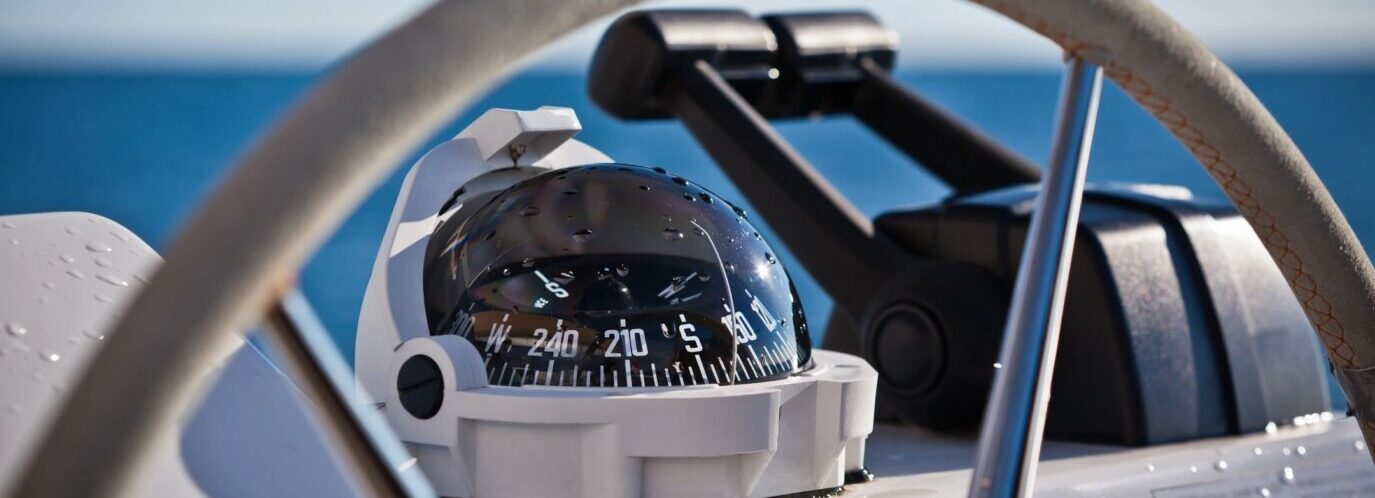When Do I Need It?
When it comes to insuring your boat, it’s often best to separate your boat insurance from your homeowner’s policy. Many homeowners’ policies limit or don’t cover marine-specific risks, such as salvage work, wreck removal, pollution, or environmental damage; but there are exceptions.
Many homeowners’ policies include perfectly good coverage for smaller boats and motors, usually with a horsepower limit of from 25- to 100-horsepower. While homeowners riders are normally adequate for these boats, be careful to ask the same questions you’d ask any other insurer about damages to your vessel and how they will be paid. Also, most homeowners insurance riders apply only to use in inland waterways, lakes, and rivers. Coverage seldom extends outside a coastal inlet or along the beach. If you plan to boat “outside the inlet” you definitely need an experienced marine insurer. Many other factors will lead you to a qualified marine insurer, too, and here are the things to consider.
What Affects the Price of your Boat Insurance?
Insurers consider many factors when deciding whether or not to offer a policy. Almost any vessel can be insured— for a price. You want to consider the following to make sure the policy you purchase meets your needs:
- Age of Boat
- Length
- Value
- Speed/Horsepower
- Condition (Does it meet US Coast Guard Standards in effect at the time it was built?)
- Primary residence (If the boat is used as a primary residence)
- Type (Inboard, Outboard, utility, cruiser, bass boat, saltwater fishing boat, performance boat)
- Homemade (Boats without a serial number are tricky but many kits are okay)
- Houseboats with no motor
- Ownership (more than 2 owners)
- Where it will operate (Ocean, lakes, bays, rivers, Great Lakes)
An “agreed value” policy covers the boat based on its value when the policy was written. While it can cost more upfront, there is no depreciation for a total loss of the boat (some partial losses may be depreciated).
“Actual cash value” policies cost less upfront, but factor in depreciation. In other words, the policy will only pay up to the actual cash value of the boat at the time it is declared a total or partial loss. Eventually, as your boat ages, your insurer will likely insist on an actual cash value policy—and if often gives substantial savings.
Secure your Life’s Hard Work
…with a commercial insurance brokerage provider who understands and will advocate for your needs. Ready to get started? Do not hesitate to send us your questions here for your inquiries about our company and brokerage services. You may also speak with our insurance consultant here for an expert take on the commercial insurance you need.






